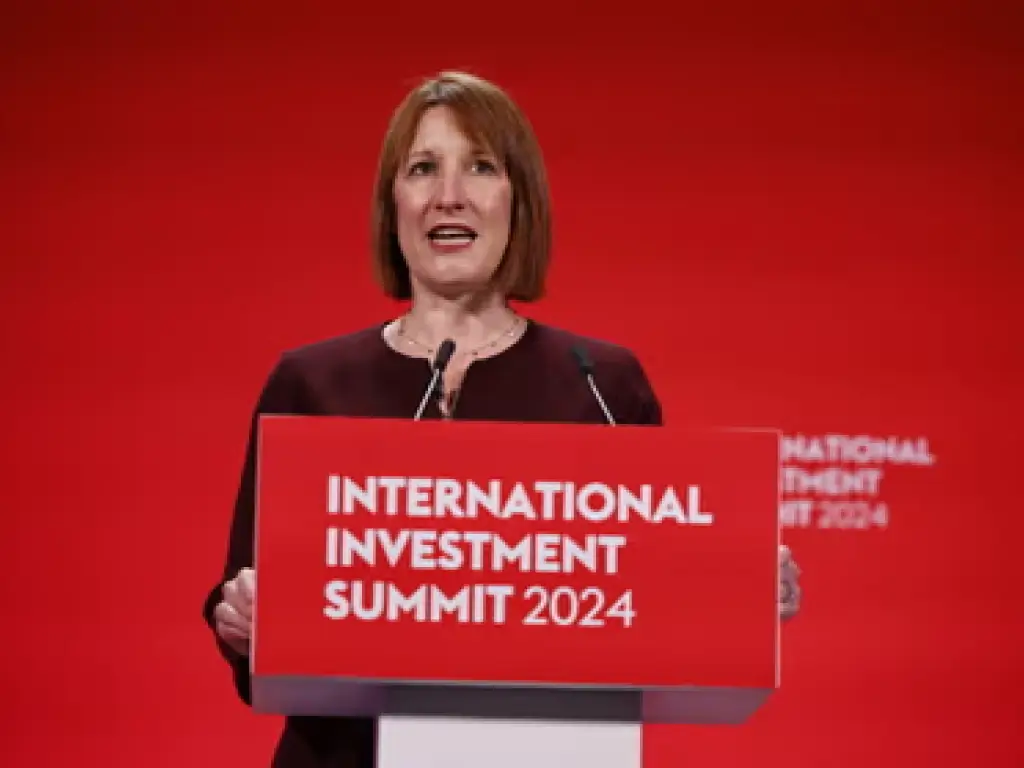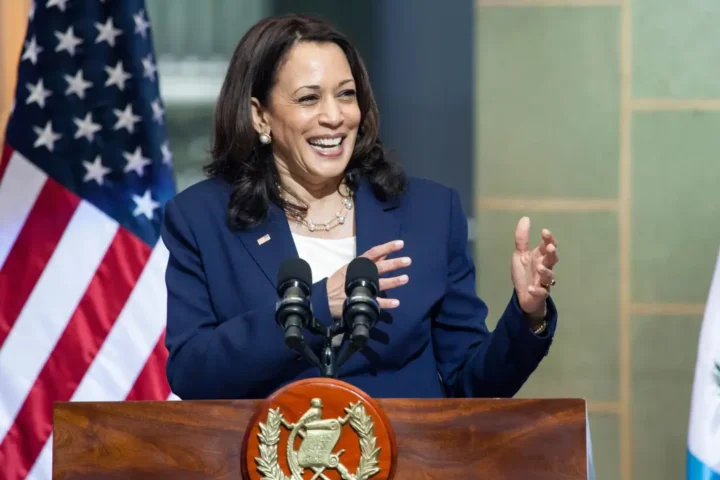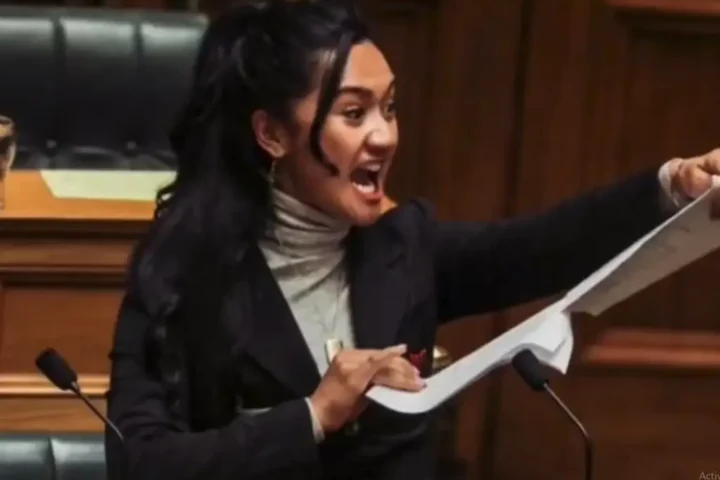Table of Contents
Chancellor Rachel Reeves is to deliver her first Budget later this month and according to government insiders, Rachel Reeves is planning to raise taxes and slash spending by £40 billion. This audacious total arose as Reeves had a two-part task of eradicating the £22 billion deficit, left by the previous government, and coming up with the increase in spending on public services in real terms.
According to a report on Reeves at a political cabinet meeting on Tuesday, he admonished ministers that merely plugging the present deficit gap would not be enough to fund the public sector. She pointed out that the government would have to look for more savings and find new sources of revenue in order not to cut departments.
Tough Choices: Balancing Spending and Taxes
The Budget due on October 30 will imply what Reeves called rigorous choices on welfare, expenditures, and taxation. Nevertheless, the chancellor has given assurance that there will be ‘ no return to austerity’ under the regime of the Labour Party. However, Reeves has a goal of increasing the government’s spending as a way of spurring growth.
However, doubts have been raised over how the government will attain her planned £ 40 billion without overwhelming the taxpayers. Reeves has also pledged to a funding rule whereby all operating expenses have to be met through taxation and not borrowing. This rule was aimed at enforcing fiscal prudential measures but has cramped the government’s discretion and forced on a desperate search for efficiencies elsewhere.
Among the sources of such additional income the government has considered, one is the change of contribution for employers under National Insurance. At present, employers contribute 13.8% NI on employee earnings in excess of £175 per week, but pension costs do not attract this levy. Ministerial sources suggest that Treasury officials are considering NI’s inclusion in employer pension contributions as a means of narrowing the budget shortfall.
Will Businesses Take The Heat?
There is concern among business people about the possibility of taxes going up. Some figures within the private sector have raised fears related to National Insurance altering the economic growth prospects leaving industries like hospitality, which is still striving to get back from the pandemic and high inflation rates.
As Paul Johnson, director of the Institute for Fiscal Studies stated the size of the Fiscal challenge has for years been clear but was muted during campaigns. According to Johnson, the £40bn is expected to be achieved through changes to income taxes even though Labour’s manifesto stated no increase in taxes for ‘working people’.
In an interview, Johnson once spoke to Andrew Pierce for Daily Mail saying,
“We are going to have to think about taxing employers and maybe reorganizing National Insurance.”
“If they are expecting £20bn or £30bn from tax increases, in the end, to avoid being accused of doing nothing they will have to touch the income tax rates.”
This is not true according to Reeves who is adamant that Labour will ensure employees do not pay more taxes as it had previously pledged. However, in a more recent interview, she was quick to state that the party’s promise of non-increase in National Insurance, income tax, or the VAT was not going to be for workers and businesses in the broad sense.
This has left many amazed to know how much of the load will be passed on to companies. Although the general secretary, Sir Keir Starmer, has proposed his notion that those who are capable of affording it should pay most, little is known about it.
To some extent, government agencies serve as the anticipation of the public for better and tougher days to come.
Preparing the Public for Tougher Days Ahead
When Reeves is about to adopt her Budget strategy she is preparing the terrain for future hard budget decisions. The chancellor is well aware that signaling a £40 billion fiscal target sounds like a battle cry and would cause distress in both the public and private sectors but the timing is meant to be an inherently political one designed to forewarn the voters.
For Reeves, the risks are even higher, because she is to balance a shaky economy and Labour’s pledge to increase public spending. As we are two weeks away from the Budget speech, the chancellor is expected to do more talking as he implements what some of his subordinates refer to as ‘pitch rolling’ that helps put the message across as well as cushion the effect of any proposed tax increases.
However, the main concern is how Reeves will manage to meet the budgetary constraint requirements while at the same time achieving Labour’s growth goals. The stakes that lie with the question are not just whether she can identify £40 billion in cuts and new taxes but ensuring that she does this in a way that keeps the public’s trust and the economy on the right growth path.













